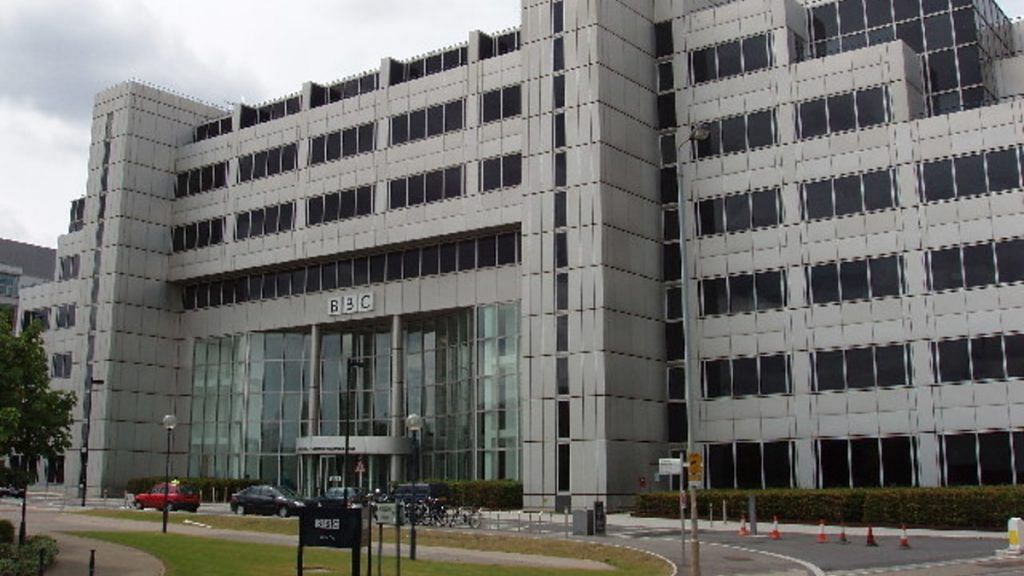New Delhi: In a push for impartiality at the British Broadcasting Corporation (BBC) amid several controversies this year, the broadcaster’s new chief has announced that he will crack down on staff posting their views on social media.
Two days after he took over as the 17th director general of the BBC, Tim Davie Thursday called for strict adherence to the new social media norms of the broadcaster in an address to the staff at the organisation’s Cardiff office, according to news reports.
“If you want to be an opinionated columnist or a partisan campaigner on social media then that is a valid choice, but you should not be working at the BBC,” he said.
“We urgently need to champion and recommit to impartiality,” said Davie. “In the age of fake news, social media campaigns, echo chambers of opinion, and noisy partisan media outlets, this, surely, is our time.”
Davie reportedly saw this as a move to restore the perception of BBC‘s impartiality to counter accusations of a bias from several quarters.
Speaking about the importance of being the voice for the United Kingdom as a whole and not a select elite, Davie said, “I do not want a subscription BBC that serves the few.”
He added, “It is not simply about left or right. This is more about whether people feel we see the world from their point of view. Our research shows that too many perceive us to be shaped by a particular perspective.”
He also spoke about a crackdown on star anchors using their status to make money working for private companies and said there would be more clarity on declaration of external interests.
Davie was earlier the CEO of BBC Studios, and is presently also the co-chair of the UK Government’s Creative Industries Council.
Also read: Delhi Riots book authors file complaint against Bloomsbury, Aatish Taseer, William Dalrymple
Earlier controversies
The latest move comes after the public service broadcaster faced several rows in the recent past.
In May, the BBC backed its political editor Laura Kuenssberg, after she was accused of defending Dominic Cummings’ trip to Durham in a tweet saying it was no breach of lockdown rules. Cummings is the chief advisor to UK Prime Minister.
During the same episode, the BBC reprimanded one of its presenters Emily Maitlis over a monologue attacking the UK government’s handling of Cummings’ lockdown trip. The organisation said the monologue broke impartiality rules and belonged on the pages of a newspaper opinion page. After the show, the news organisation got over 24,000 complaints due to the monologue.
In March, Culture Secretary Oliver Dowden said BBC was failing to reflect the changing views of the country and needed to be more “genuinely impartial” and avoid a “narrow urban outlook”.
Also read: Facebook replies to Congress’ concerns, says it is non-partisan & against hate, bigotry
